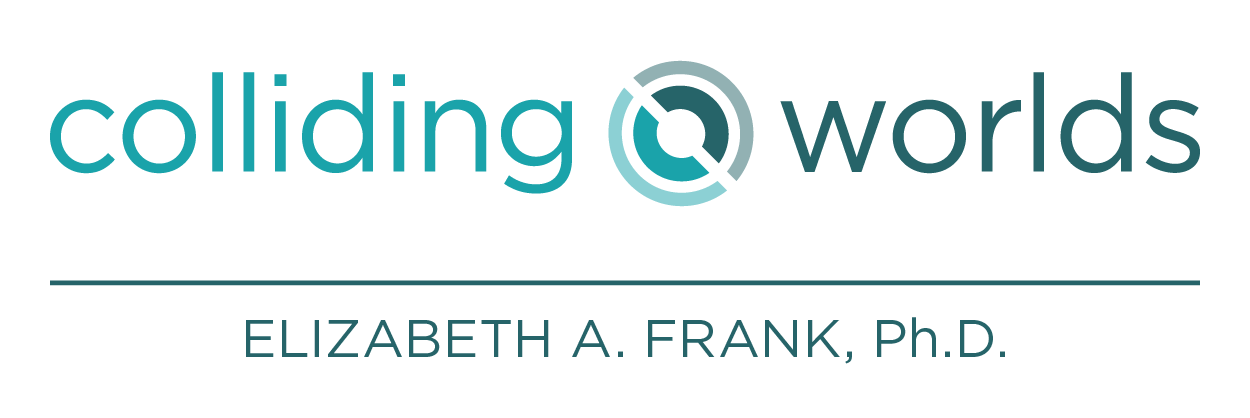The first step to make the leap from academia to industry
I’ve gone through the industry job search process twice. Both times I prepared myself mentally to leave the field in which I’ve spent over a decade. I’m not going to sugar-coat it: there are a limited number of industry positions that will allow one to stay directly involved in planetary science. However, there are ample opportunities in related sectors.
Deciding to leave academia is one thing, but figuring out where to go is another. Glass half empty: planetary science is such a mishmash of other fields—geology, physics, astronomy, chemistry, remote sensing, computer modeling—that it’s not obvious what opportunities exist out there. Glass half full: planetary science is such a mishmash of other fields that you can target multiple sectors!
Developing a roadmap for your new career direction will require serious thinking about your interests and priorities. The first step I took was to isolate myself from distractions and scribble stream-of-consciousness answers to these questions:
What am I good at?
When do I experience flow during work?
What parts of my current work do I wish I didn’t have to deal with?
Am I willing to move?
What am I not willing to compromise on?
What would my dream job entail?
Forcing yourself to think through these questions—multiple times—will provide clarity on what’s important to you. Here are examples of answers that bounded my first job search:
I enjoyed working with remote sensing data.
I wanted my projects to be related to science, even if it wasn’t planetary science.
Maintaining a academic-level publication record was not important to me.
I was only willing to move to places I’d be happy.
After running through this exercise, I used job posting websites like Indeed and Glassdoor to run keyword searches and figure out which jobs fit my criteria. That was how I discovered that the role of geospatial analyst would be a good fit.
I then spent months positioning myself to be a good candidate through online courses, networking, and side projects. I was eventually offered a job as a Geospatial Analyst at Planetary Resources, and as they say, the rest is history.
For my more recent job hunt, the boundary conditions were a bit different:
I now had experience in space systems engineering and NewSpace.
I wanted to continue working at the intersection of science and engineering.
I developed new skills and leadership experience.
I didn’t want to move.
These parameters led me to focus on local opportunities in aerospace, geology, and Earth observation. But thanks to my network (more on networking in a future post), I joined a company in a role that allows me to stay involved in planetary science.
If this process feels hard, it's because it is. It'll be worth it though! You’ll learn what’s important to you and might even discover career opportunities that you didn’t previously know existed.
Further reading:
4 Steps To Defining Your Core Career Values For A Job Search (Cheeky Scientist)
A Step-by-Step Plan to Change Your Career to Something You Love (Forbes)
10 Steps to a Successful Career Change (The Balance Careers)
Top 10 Ways to Find Your Career Path (Lifehacker)
Geoscience Workforce Infographic (American Geosciences Institute)


